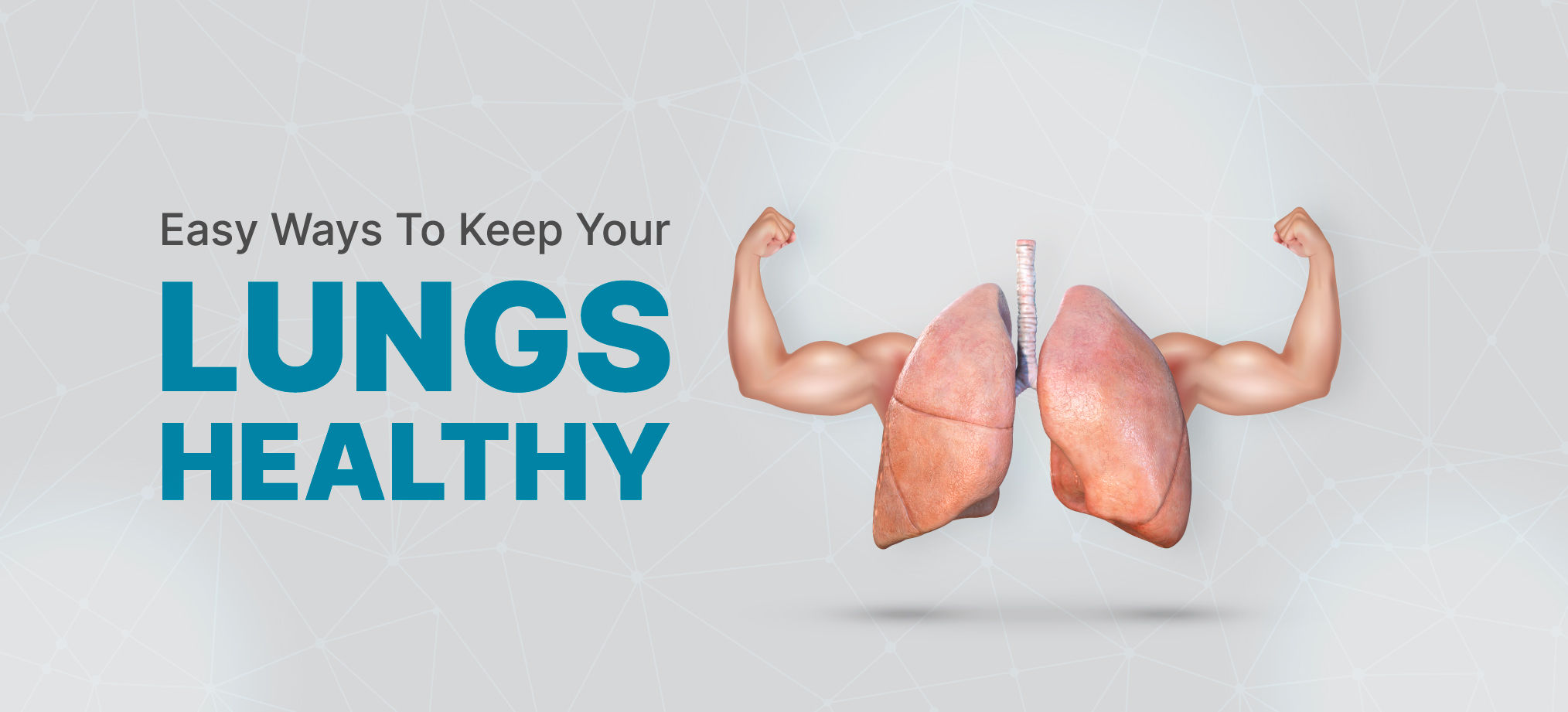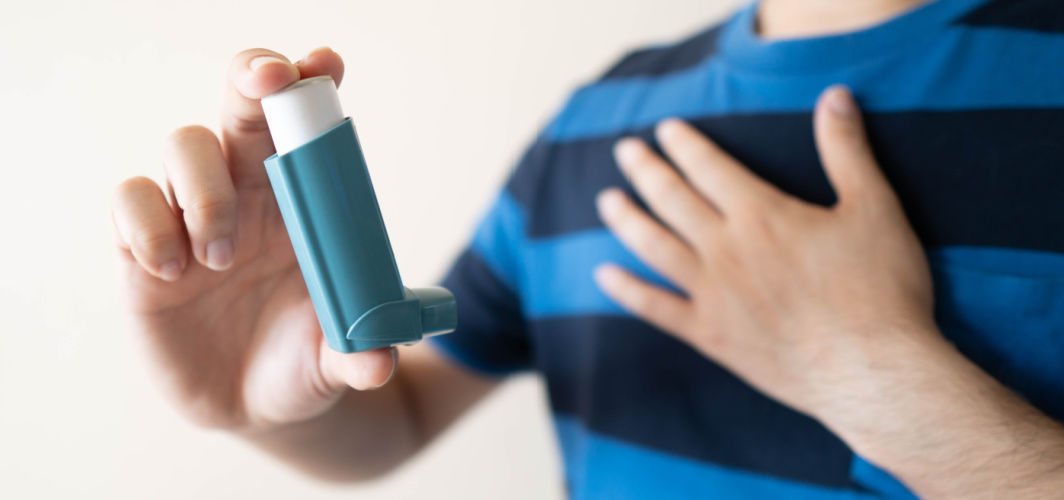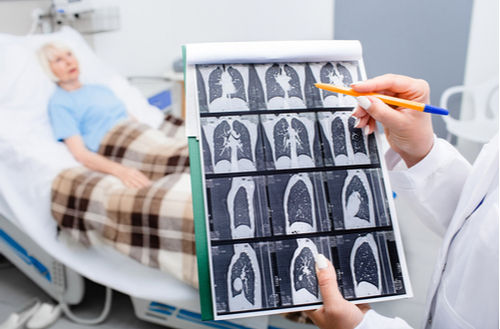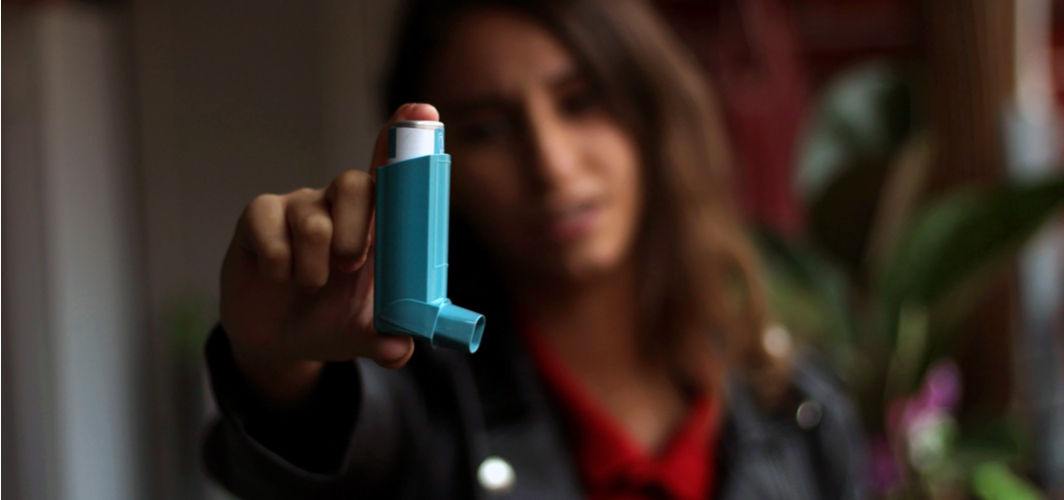Respiratory Health
Belly Breathing To Rib Stretches: 5 Exercises To Improve Lung Function
3 min read
By Apollo 24|7, Published on - 14 November 2022, Updated on - 11 November 2023
Share this article
0
9 likes

Celebrations like Dussehra and Diwali can leave your lungs exhausted and hurt! With the rising pollution levels, these festivities add to the hazardous pollutants already in the air. If you are wondering how to improve lung function and keep them healthy, here are a few helpful tips and exercises to try!
Factors that Determine Lung Health
To determine if an individual’s lungs are working fine, doctors usually conduct pulmonary function tests (PFTs). These tests can look for:
- How much air can the lungs hold
- How well is the air moving in and out of the lungs
- How efficiently are the lungs able to carry oxygen into the blood
Spirometry, lung volume test, gas diffusion test, and exercise stress test are a few tests that help doctors determine how well an individual’s lungs are working. The results of lung function tests give doctors an idea about the presence of obstructive or restrictive diseases and treat them accordingly.
Exercises to Improve Lung Function
Regardless of your lung health, several exercises help improve lung function. Breathing exercises are particularly useful for people with chronic obstructive pulmonary disease (COPD) and the elderly.
Here are a few exercises that are easy to perform and can help improve lung function:
1. Pursed-lip breathing
Pursed-lip breathing is an easy-to-perform exercise that keeps your airway open for longer and facilitates proper airflow in and out of the lungs. This exercise is helpful for people who get less physical activity and do not use their breathing muscles often. Here’s how to perform pursed-lip breathing:
- Sit straight, as good posture enables healthy lung movements
- Inhale slowly
- Purse your lips
- Breathe out slowly through your pursed lips
- Repeat
2. Belly breathing
Belly breathing (also called diaphragmatic breathing) is said to be the primary breathing method. However, most people start using their neck and back muscles instead of their diaphragm (a dome-shaped sheet of muscles between the chest and the abdomen). When the neck and back muscles are used for breathing, they limit the air that one breathes in and out.
Here's how to practise belly breathing:
- Lie down on your back and relax your body.
- Put your hands on your abdomen lightly.
- Inhale slowly through your nose and make sure your stomach moves outwards, but your chest remains still.
- Exhale slowly for about two seconds, while your stomach should move inwards.
- Repeat.
3. Rib stretches
The ribs stretch during breathing. You can help ease rib stretching in the following way:
- Stand upright and keep your hands on your hips
- Inhale slowly until your lungs fill up
- Hold your breath for 20 seconds or however long you are comfortable
- Exhale slowly
- Repeat
4. Yawn to smile
A yawn-to-smile exercise allows the diaphragm to expand and strengthens the chest muscles. To perform this exercise:
- Sit upright at the edge of a chair
- Put your arms overhead and create a wide-stretching yawn
- Bring your arms down and finish up by smiling for three seconds
- Repeat the exercise
5. Humming
You would be surprised to know that simple humming can increase your lung capacity, forces stale air out and allow fresh air to enter. Humming works not just for your abdominal muscles but also your lungs. This exercise reduces stress and helps individuals restore their lost energy.
Key Takeaway
A regular breathing exercise regimen is a great way to improve lung function and capacity. Include aerobic exercises and yoga to increase lung capacity and support its health. For more information,
Consult An Apollo Lung Specialist
Medically reviewed by Dr Sonia Bhatt.
Respiratory Health
Leave Comment
Recommended for you

Respiratory Health
Don’t Ignore Dry Cough. It Can Be A Symptom Of These Diseases
You experience a dry cough when your body tries to clear irritants from your airway. It can also be caused by certain medical conditions. The article explores those conditions in detail below.

Respiratory Health
Types of Asthma: Classification & Severity
Know about the different types of asthma and their severity levels. Discover the latest guidelines, technologies, and lifestyle factors to manage asthma effectively.

Respiratory Health
World Pneumonia Day: Here Are The Early Signs And Home Remedies
Pneumonia is very common and is the second most common for hospitalisation. Here’s all you need to know about its symptoms, treatment and prevention!
Subscribe
Sign up for our free Health Library Daily Newsletter
Get doctor-approved health tips, news, and more.
Visual Stories

Can Asthma Symptoms Get Worse Indoors?
Tap to continue exploring
Recommended for you

Respiratory Health
Don’t Ignore Dry Cough. It Can Be A Symptom Of These Diseases
You experience a dry cough when your body tries to clear irritants from your airway. It can also be caused by certain medical conditions. The article explores those conditions in detail below.

Respiratory Health
Types of Asthma: Classification & Severity
Know about the different types of asthma and their severity levels. Discover the latest guidelines, technologies, and lifestyle factors to manage asthma effectively.

Respiratory Health
World Pneumonia Day: Here Are The Early Signs And Home Remedies
Pneumonia is very common and is the second most common for hospitalisation. Here’s all you need to know about its symptoms, treatment and prevention!